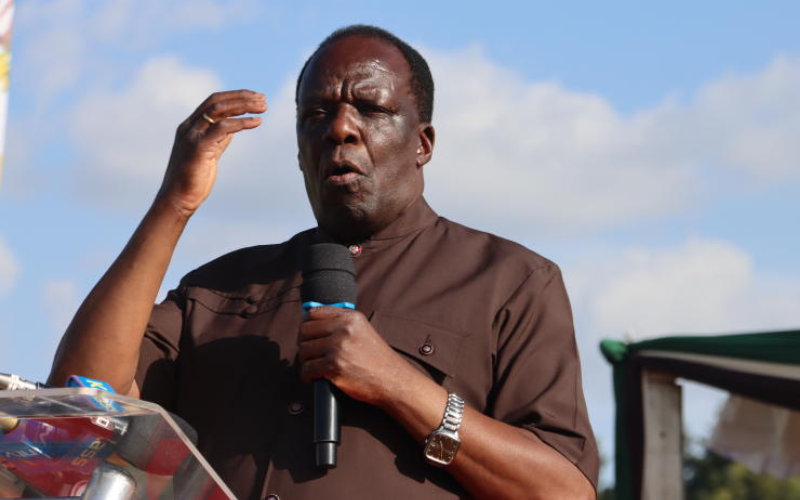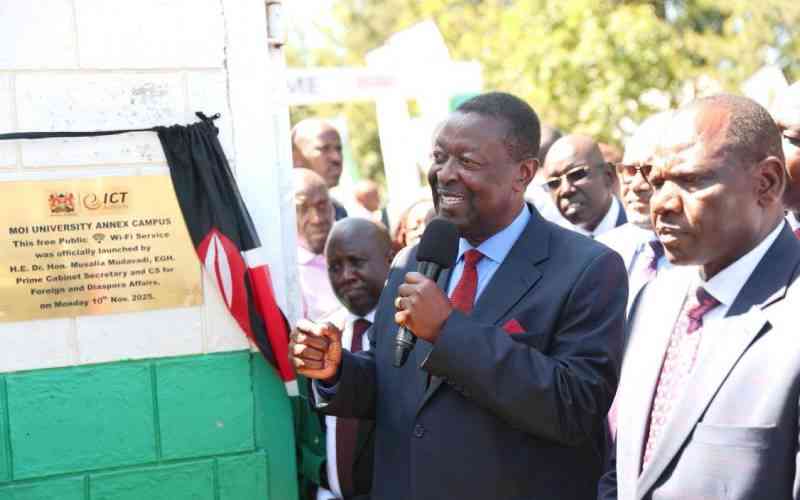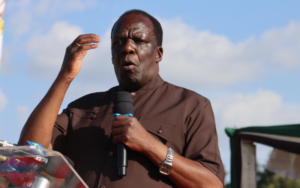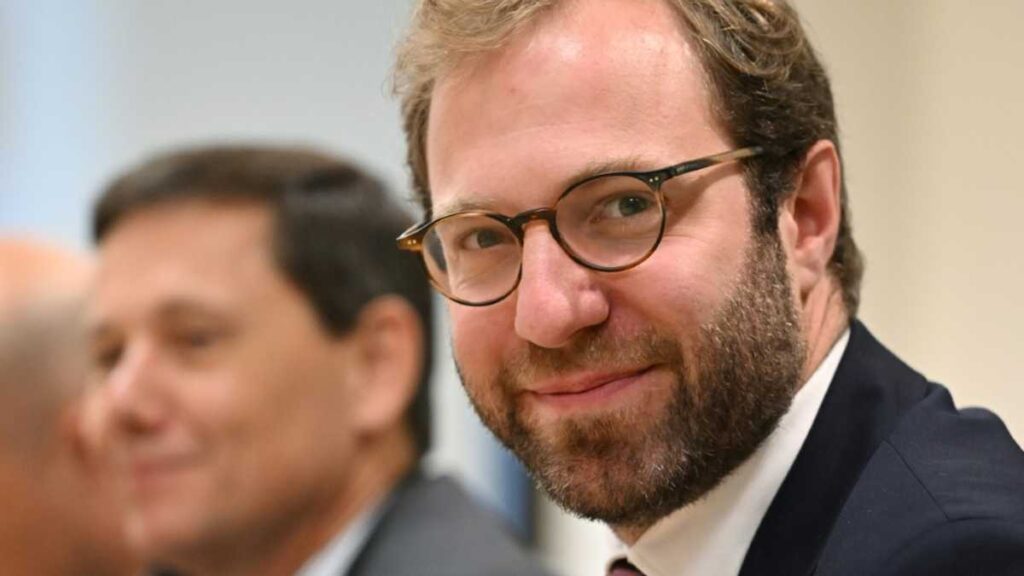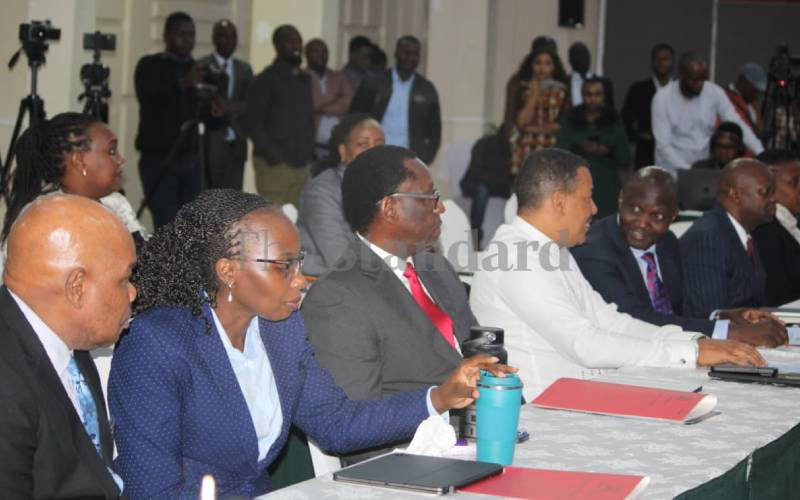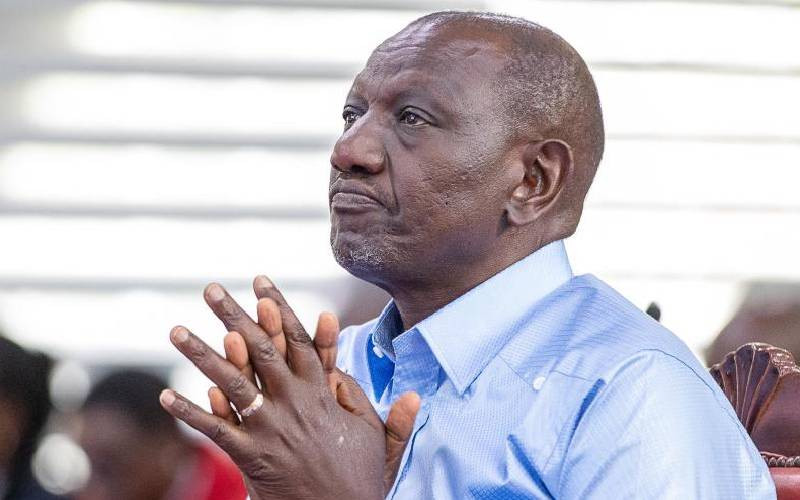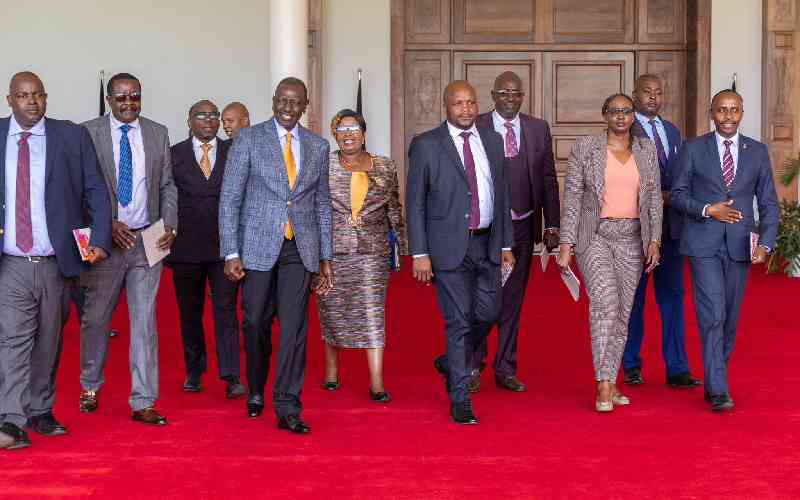Kenya is positioning as Africa’s leading hub for software and artificial intelligence (AI) innovation, with government unveil new strategies to transform the country into a digital
powerhouse.
Speaking during the inaugural Software and Artificial Intelligence Summit at Moi University, Eldoret, Prime Cabinet Secretary Musalia Mudavadi said Kenya was ready to lead
Africa’s technological revolution through innovation, talent development, and collaboration.
“Kenya stands ready to write the next chapter of Africa’s technological journey, one defined not by consumption, but by creation, not by dependency, but by leadership and
innovation,” said Mudavadi.
He described the summit as a historic milestone in Kenya’s digital journey, aligning with the government’s commitment to build a robust technological ecosystem through world
-class infrastructure, digital literacy, and future-ready skills.
“With more than 60 percent of Africa’s population under the age of 25, our youth remain our most valuable asset the driving force that will power the continent’s digital
transformation,” he said.
Mudavadi said the government’s vision is to make Kenya the epicentre of software development and AI innovation in Africa.
He noted that the summit comes at a defining moment as software and AI continue to reshape the global economy. The global software market, he said, is valued at Sh 92.4 trillion,
while AI is expected to generate Sh 224.4 trillion in value in the coming year.
“These are not abstract statistics. They represent opportunities that Kenya and Africa must seize. In this new economy, software is power, AI is advantage, and talent is currency
towards solving real-world problems,” he stated.
Stay informed. Subscribe to our newsletter
Mudavadi added that ongoing investments in digital infrastructure align with the African Union Digital Transformation Strategy, the UN Sustainable Development Goals, and global
AI governance frameworks, focusing on inclusive growth and youth empowerment.
Kenya, he said, has expanded its national fibre network by 37,000 kilometres in three years, rolled out public Wi-Fi serving about two million users monthly, and doubled fixed
broadband adoption.
“At Konza Technopolis, in partnership with the Open University of Kenya, we are nurturing the next generation of digital innovators, engineers, and researchers,” he said.
He highlighted the National Artificial Intelligence Strategy 2025–2030, which seeks to position AI as a national superpower through responsible regulation, research, and skills development.
Programs such as Ajira, Jitume, and the Digital Hubs Programme have already trained more than 600,000 youth in coding, data science, and digital entrepreneurship.
“Kenya’s greatest asset is its human capital. Our youth are creative, ambitious, and globally connected. To secure Kenya’s place as a global digital powerhouse, we must turn their
energy and creativity into engines of enterprise and job creation,” he stated.
He called for collaboration between government, academia, and the private sector to strengthen Kenya’s digital agenda.
“The private sector must invest in skills and innovation. Academia must reimagine curricula for a digital-first economy. The success of this summit will not be measured by speeches,
but by the partnerships formed and investments mobilised,” he said.
However, Mudavadi cautioned young people to embrace discipline, integrity, and responsible digital behaviour in the technology era.
“You can talk about determination and resilience, but without discipline and integrity, all your efforts get lost. To be world-class innovators, you must work on discipline and
competence to see results,” he said.
He warned that online misconduct can hinder future opportunities.
“Your digital footprint is very important. Some nations now examine your digital data before issuing a visa it is not fiction; it is the truth,” he cautioned.
“It may seem fashionable to ridicule leaders, but once you find that your visa is being denied, it is never fashionable. Do what is ethical and what is right because we want you to go far.”
ICT Cabinet Secretary William Kabogo said the summit was designed to advance Kenya’s digital ambitions through collaboration among government, academia, investors, and innovators.
“This Summit brings together great minds to share ideas, explore innovations, and create practical solutions driving Africa’s digital transformation,” Kabogo said.
He added that activities such as hackathons, expos, workshops, start-up demos, and policy forums would foster innovation, knowledge sharing, and partnerships that position
Kenya as a global leader in artificial intelligence and software development.






